In unanimous decision, FCC bans new telecom gear from Huawei and ZTE
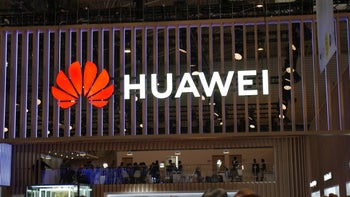
For years, even before 2019 when Huawei was placed on the Entity List banning it from access to its American supply chain (including Google), the company was considered a national security threat along with ZTE. The two Chinese phone and telecom equipment makers were often accused of putting backdoors in their handsets and equipment which would allow them to obtain confidential information and send it to servers in Beijing. Both firms denied the allegations multiple times.
Axios reports that the FCC on Friday announced new rules banning U.S. sales and imports of new telecommunications equipment made by both Huawei and ZTE. In a tweet, FCC Commissioner Brendan Carr wrote, "Today, the FCC takes an unprecedented step to safeguard our networks and strengthen America’s national security. Our unanimous decision represents the first time in FCC history that we have voted to prohibit the authorization of new equipment based on national security concerns."
The FCC voted last year to spend $1.9 billion to rip out Huawei and ZTE gear being used in rural markets
To be clear, the ban affects new equipment only. Gear that already received FCC approval is still allowed to be shipped to the states.
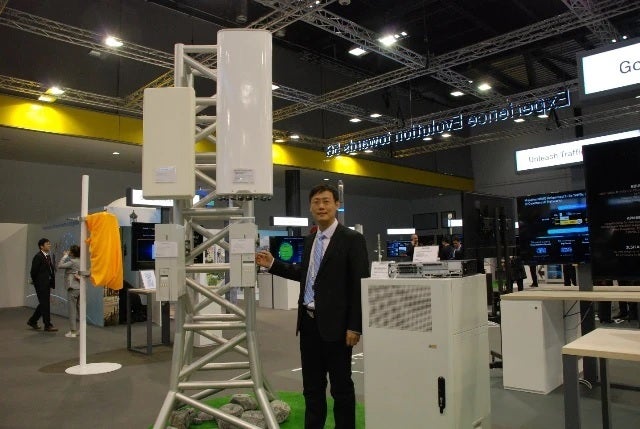
Huawei's new 5G equipment can no longer be imported into the U.S.
FCC Chairwoman Jessica Rosenworcel added, "These new rules are an important part of our ongoing actions to protect the American people from national security threats involving telecommunications." Huawei told Axios that it had no comment and ZTE had yet to respond. Huawei and ZTE are among the largest suppliers of telecom equipment worldwide. Last year, the FCC voted to spend $1.9 billion to rip out Huawei and ZTE equipment already being used by rural wireless firms.
Reportedly, Huawei was able to offer smaller rural wireless firms in the U.S. better financing terms on equipment purchases thanks to certain ties that the company supposedly has in China with the government. While the FCC is going to spend $1.9 billion, as recently as this past July, the agency said that it will need to spend more than $3 billion more to complete the job which now is estimated to cost $5.6 billion.
In 2019, a law was passed forcing carriers that receive federal subsidies to purge their networks of equipment supplied by companies considered threats to U.S. national security. Most rural carriers are subsidized by the Universal Service Fund (USF). The USF is funded by fees charged to subscribers of wireless providers and is managed by the FCC.
The FCC was given one year after the passage of the Secure Equipment Act last November to vote on the order to ban Huawei and ZTE gear. Besides the two familiar names to phone enthusiasts, three lesser-known Chinese firms are affected by the order. These companies include telecom firm Hytera Communications, surveillance equipment producer Dahua Technology, and video surveillance firm Hangzhou Hikvision Digital Technology.
The FCC is currently made up of four commissioners, two from each party
Hikvision released a statement that says, "This decision by the FCC will do nothing to protect U.S. national security, but will do a great deal to make it more harmful and more expensive for U.S. small businesses, local authorities, school districts, and individual consumers to protect themselves, their homes, businesses and property." The company will continue to do business with its U.S. customers "in full compliance" of U.S. regulations.
The FCC is currently comprised of four commissioners with two Democrats and two Republicans on the agency. The regulatory agency usually has five members who are selected by the U.S. President and confirmed by the Senate. A potential fifth member, Democrat Gigi Sohn, has been nominated by the Biden administration but her Senate confirmation has been stalled. Former FCC Chair Richard Wiley said, "Two Democrats, two Republicans have worked together to serve the public interest."
Today, the FCC takes an unprecedented step to safeguard our networks and strengthen America’s national security.
— Brendan Carr (@BrendanCarrFCC) November 25, 2022
Our unanimous decision represents the first time in FCC history that we have voted to prohibit the authorization of new equipment based on national security concerns. pic.twitter.com/wwCxZmTPJv
This year the four bipartisan FCC commissioners have voted unanimously on robocall enforcement and on plans for spectrum-sharing. And now, the four have all voted in favor of banning new Huawei and ZTE telecom gear from entering the U.S.

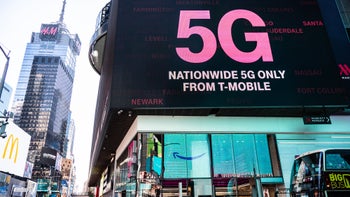




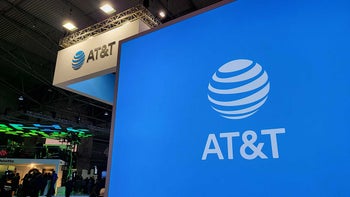
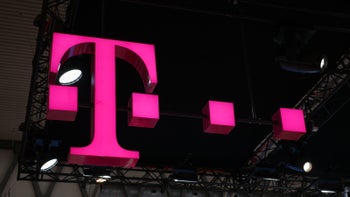


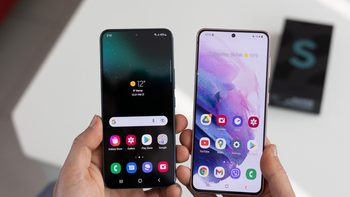


Things that are NOT allowed: